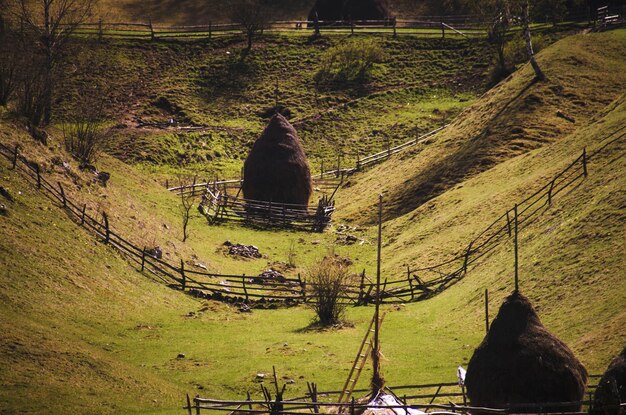Key Facts about the Georgia Colony

The Georgia colony was established in 1732 by James Oglethorpe.
Georgia was the 13th colony to be established in British North America.
The colony was named after King George II of Great Britain.
Georgia was initially intended to be a haven for debtors and the poor in England.
One of the primary goals of the colony was to serve as a buffer between the Spanish in Florida and the English colonies further north.
The first settlement in Georgia was Savannah, which served as the capital of the colony.
Georgia was the last of the original 13 colonies to be established.
Slavery was initially banned in Georgia, but the ban was lifted in 1750.
Tomochichi, a Native American chief, played a significant role in the establishment of the Georgia colony and maintained a close relationship with its settlers.
The Trustees of the Georgia colony implemented strict regulations, such as limited land ownership and the outlawing of alcohol, in an effort to create an ideal society.
Georgia was the first colony to produce wine commercially in the United States.
The Georgia colony had a diverse population, including English settlers, Scottish Highlanders, German Salzburgers, and Jewish immigrants.
The Georgia colony initially had a non-denominational requirement for religious worship, but this was later relaxed to include various Protestant denominations.
Silk production was promoted in the Georgia colony, and several attempts were made to establish a successful silk industry.
Key Facts about the Georgia Colony part 2
Georgia became a royal colony in 1752, ending the trusteeship and bringing more direct control from Britain.
Savannah became a bustling port city and played a crucial role in trade with the West Indies.
The Georgia colony was known for its agricultural products, including indigo, rice, and tobacco.
The colony fostered a unique blend of Southern and European culture, evident in its architecture, music, and cuisine.
The Battle of Bloody Marsh in 1742 marked a significant victory for the Georgia colony against the Spanish forces from Florida.
The colony experienced conflicts with Native American tribes, such as the Creek and Cherokee, over land rights and resources.
Georgia was the first colony to establish a public university, now known as the University of Georgia.
The colony actively promoted small-scale farming over plantation agriculture, emphasizing self-sufficiency and individual land ownership.
Georgia played a vital role in the American Revolution, with many of its citizens serving in the Continental Army.
The signing of the Declaration of Independence in 1776 inspired Georgians to push for independence from Britain.
Georgia was the last colony to ratify the United States Constitution in 1788.
The Georgia colony experienced economic growth and stability due to its agricultural exports and trade networks.
The colony’s population grew rapidly, attracting settlers from various European countries.
In the early years, Georgia’s legislature consisted of two houses: the House of Commons and the Board of Assistants.
Despite being one of the smallest colonies, Georgia made significant contributions to the development of the United States.
Oglethorpe’s vision of a humanitarian and egalitarian colony influenced future social and political movements in America.
The Georgia colony experienced several attacks by Spanish and Native American forces, but ultimately managed to secure its independence.
The colony’s fortunes fluctuated due to conflicts with neighboring colonies, economic challenges, and changing political dynamics.
Georgia’s proximity to Spanish Florida allowed for a vibrant exchange of goods, ideas, and cultural influences.
The Georgia colony attracted skilled artisans and craftsmen, contributing to the growth of its cities.
The colony’s landscape was diverse, ranging from coastal plains to the Appalachian Mountains, offering a variety of natural resources.
Religious freedom and tolerance were promoted in the Georgia colony, attracting settlers seeking refuge from persecution.
The Georgia colony played a pivotal role in expanding English influence and strengthening British control over the American colonies.
The colony had a unique system of land grants and organized settlement patterns, which shaped its social and economic structure.
The Georgia colony’s success in silk production inspired similar initiatives in other colonies.
Georgia’s rich agricultural lands attracted settlers seeking opportunities for prosperity and land ownership.
The colony’s economy relied heavily on the labor of enslaved Africans, leading to a complex and tumultuous history of race relations.
The Georgia colony was the southernmost of the original 13 colonies, bordering Spanish territories.
The colony’s strategic location and military capabilities made it an important player in shaping colonial geopolitics.
Georgia’s colonial history continues to influence its identity as a state, with traditions and cultural practices rooted in its early days.
The Georgia colony’s legacy lives on in its historic sites and landmarks, reminding us of its significant role in American history.